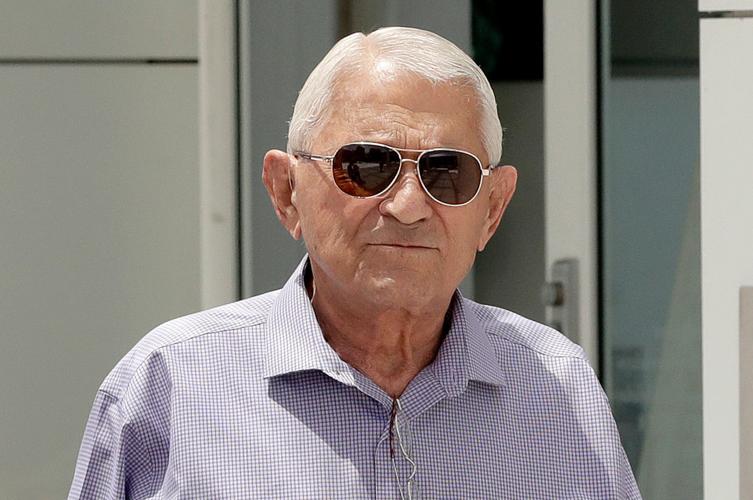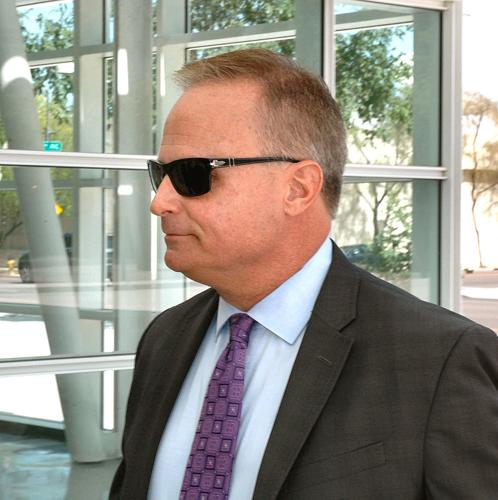PHOENIX — A federal judge declared a mistrial Tuesday in the Arizona Corporation Commission bribery case.
The move came after all 12 jurors told Judge John Tuchi they were “hopelessly deadlocked” in their efforts to reach a verdict, after deliberating off and on since June 29.
Tuesday’s action is at least an intermediate victory for former utility regulator Gary Pierce, who was accused of accepting a bribe from water company owner George Johnson in exchange for his votes on two issues. It means some jurors did not believe the government proved its case that the pair were guilty of bribery and fraud.
It also provides relief for the time being for lobbyist Jim Norton, who was accused of arranging a scheme to get $31,500 to Pierce through a contract with Pierce’s wife, Sherry, to do political work for Johnson. Norton and Sherry Pierce also faced charges of bribery and fraud.
Federal prosecutors have until Aug. 13 to decide whether to try again.
One issue that may affect that decision is what the jurors were thinking when they finally gave up.
Tuchi said he will ask them in private if they are willing to share with him the jury’s vote tally on each charge for each defendant.
The judge told attorneys for both sides they cannot speak with any jurors. But Tuchi said he will share any information he gets from the jurors to help the lawyers decide what to do next.
Taryn Jeffries, the lead juror, told Arizona Capitol Times that seven of the jurors, including herself, wanted to acquit all four defendants.
“We never saw the circle completed,” she said.
Prosecutors claimed the money involved was a payment for the votes Pierce took, including one to allow companies like Johnson Utilities to pass along the cost of the owner’s income tax to ratepayers. But defense attorneys pointed out that Pierce had been publicly in favor of that change in policy years before.
The other claim by prosecutors was that Pierce was being paid by Johnson to increase the book value of Johnson Utilities, a move that enabled the company to increase its rates.
Jeffries told Capitol Times she felt prosecutors knew the case was weak but decided to push ahead “and see if it stuck.”
It isn’t just the government that has to make a decision whether a new trial makes sense.
Before the trial began on June 1, prosecutors offered deals to all four defendants, which would have allowed each to plead guilty to a single felony with no prison time, in exchange for all the other charges being dropped.
In the case of Gary Pierce and Jim Norton, prosecutors said that was conditional on getting their testimony and cooperation in connection with another case involving unnamed targets, one that apparently remains under investigation.
All four rejected the deal.







